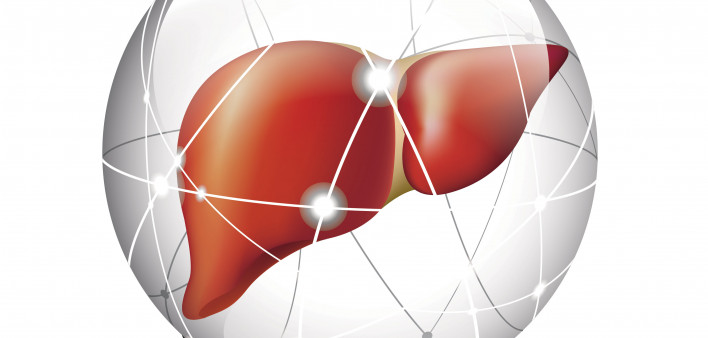Direct-acting antiviral (DAA) treatment for hepatitis C virus (HCV) is associated with lower risks of hepatocellular carcinoma (HCC, the most common form of liver cancer) and death from any cause, Infectious Disease Advisor reports.
Publishing their findings in The Lancet, researchers screened 10,166 people with hep C in 32 French hepatology centers between August 2012 and December 2015. The study excluded those with hepatitis B virus, a history of decompensated cirrhosis (the more advanced form of the severe liver disease), a history of liver cancer, a history of liver transplantation and those previously treated with interferon and ribavirin.
During a median 33.4 months of follow-up among the 9,895 people included in the analysis, 7,344 participants started DAA treatment while the remaining 2,551 participants did not receive hep C therapy.
A total of 218 of the participants died during follow-up, including 129 who were treated for HCV and 89 who were not. Additionally, 106 people were diagnosed with decompensated cirrhosis, including 74 participants who were treated and 32 who were not.
The study authors adjusted the data to account for differences between the participants in age, sex, body mass index, geographical origin, mode of contracting HCV, severity of liver fibrosis (scarring), history of treatment for hep C, HCV genotype, alcohol consumption, diabetes status, high blood pressure, other biological variables, and severity of cirrhosis among those with the condition. They found that DAA treatment was associated with a 52 percent reduced risk of death from any cause and a 34 percent reduced chance of being diagnosed with liver cancer. There was no significant difference in the rate of decompensated cirrhosis diagnosis based on DAA treatment status.
To read the Infectious Disease Advisor article, click here.
To read the study abstract, click here.







Comments
Comments